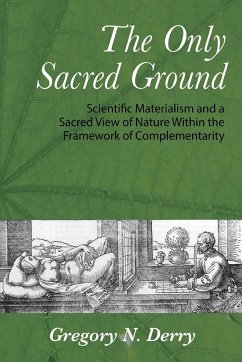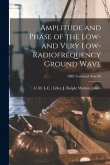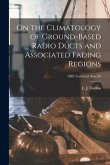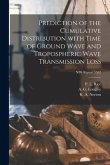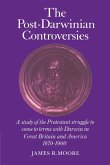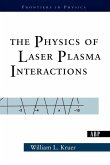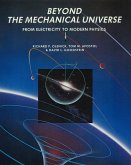For the past several centuries, science has been offering us a powerful new way to understand nature, but the accompanying rise of materialistic philosophy threatens to drain the meaning and sacred quality of our experience of nature. The resulting tension represents a fractured and incoherent apprehension of nature on both a personal and a cultural level. In this book, Gregory N. Derry explores this problem and suggests a solution based on complementarity, a logical framework that demonstrates the compatibility of apparently contradictory propositions by showing them to be grounded in mutually exclusive domains of knowledge. Complementarity was famously employed by Niels Bohr in his quest to interpret quantum mechanics. Here, Prof. Derry extends and generalizes Bohr's epistemological approach so that it becomes applicable to problems beyond the scope of empirical science, and he uses this generalization of Bohr's complementarity to argue that the truth of scientific materialism in no way implies that nature has no sacred and spiritual dimensions, i.e., nature is both sacred and mundane. Gregory N. Derry is Professor of Physics and former Chair of the Physics Department at Loyola University Maryland. He teaches at all levels and maintains active research programs in experimental ultrahigh vacuum surface physics, nonlinear dynamics of physiological systems, and epistemological studies of science/religion boundary issues. In addition to his scientific research publications, he has also written a book on the nature of scientific inquiry, What Science Is and How It Works (Princeton University Press, 1999).
Hinweis: Dieser Artikel kann nur an eine deutsche Lieferadresse ausgeliefert werden.
Hinweis: Dieser Artikel kann nur an eine deutsche Lieferadresse ausgeliefert werden.

